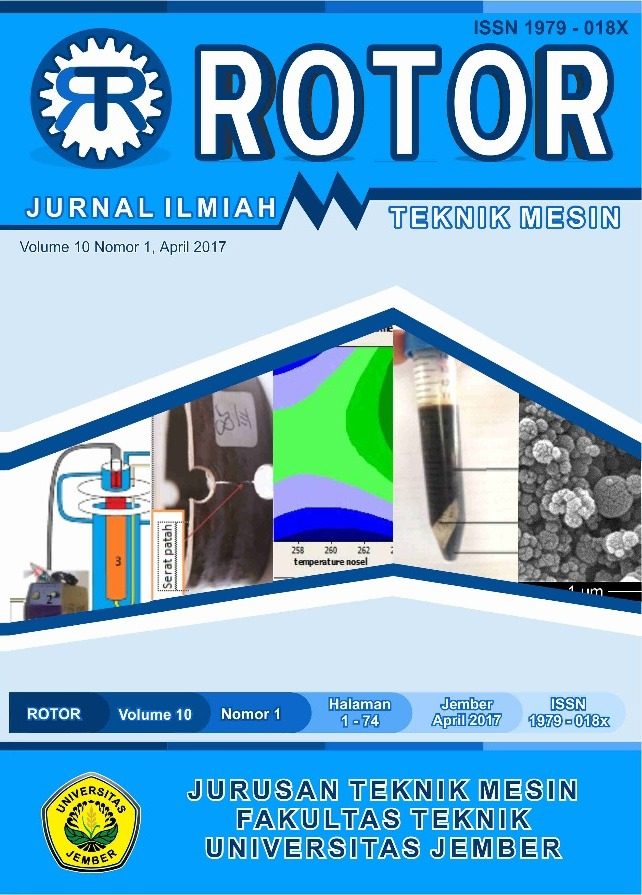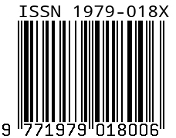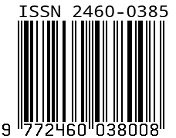PENGARUH LAJU PREKURSOR SERBUK ALUMINIUM TERHADAP BENTUK MORFOLOGI NANOPARTIKEL ALUMINA DENGAN METODE THERMAL PLASMA
Abstract
The synthesis of nanoparticles using thermal DC plasma method is a simple method for ease of installation and high efficiency is due to the rate of precursor that can be controlled. Micro-sized aluminum powder is synthesized using thermal DC plasma undergoing a process of evaporation as it passes through high temperature plasma flame, where kemuadian oxidized aluminum particles which evaporates the particles are split and binds with oxygen to form aluminum oxide or also known as alumina (Al2O3). In this experiment, the flow rate of oxygen plasma parameters at 35 SCFH (Standard Cubic Feet per Hour) and 20 amperes flows with precursors rate variation of 1.16 g / min, 3.19 g / min, and 3.5 g / min. Precursors used is 88 micro sized aluminum powder. To determine the morphology of nanoparticles of alumina testing scanning electron microscopy (SEM), the morphology form of nanosphere. Results of the analysis showed that the rate of precursor low causing agglomeration level slightly while the higher rate of precursor agglomeration rate also increased. At the rate of precursor 1.16 g / min, nanoparikel undergo agglomeration with an average particle size of 36.55 nm, and then at a rate of 3.19 gr precursor / mnt an average particle size of 46.49 nm, and at a rate of 3.5 gr / mnt an average particle size of 46.49 nm. The powder nanoparticles were then characterized using X-ray defraksi (XRD) where all alumina nanoparticles were synthesized showed alumina phase that is formed is a phase δ-Al2O3.
Keywords: Alumina nanoparticles, DC Thermal Plasma, morphology, precursor rate, nanoparticles size, SEM, XRD.











